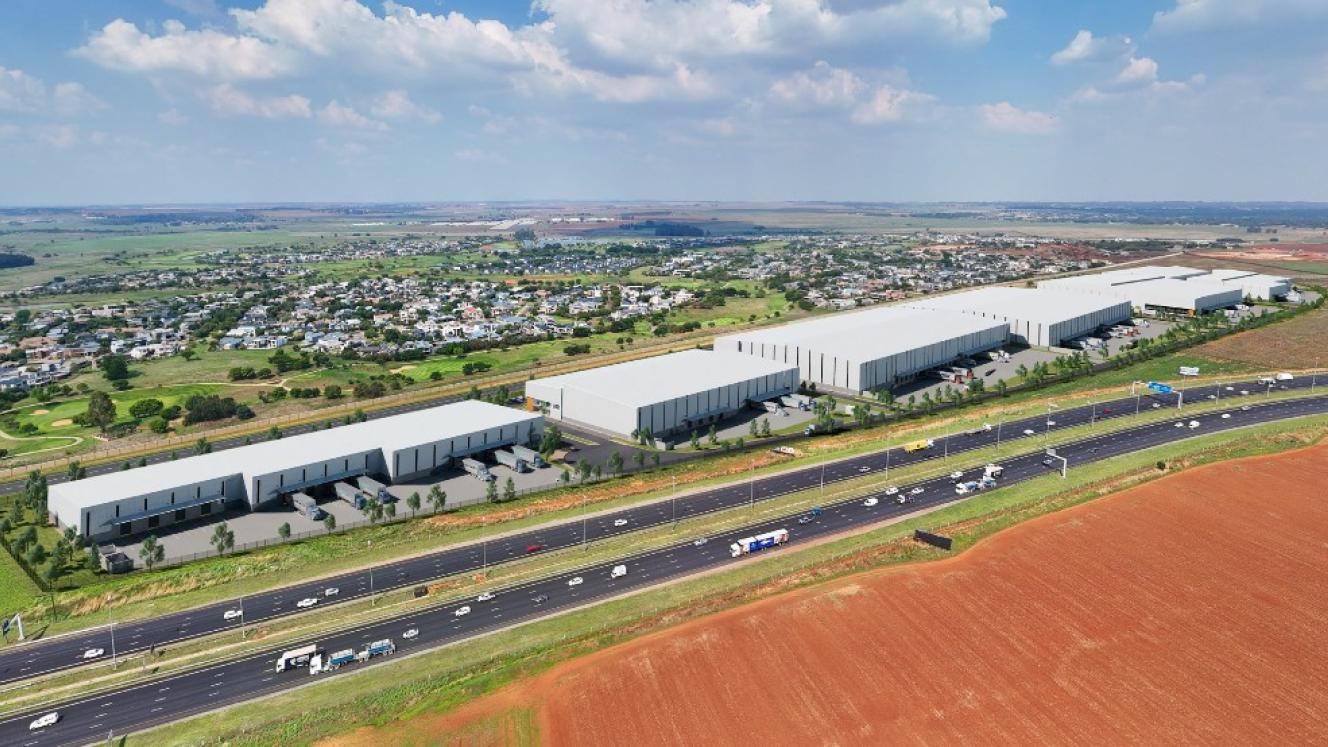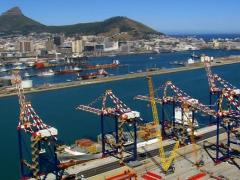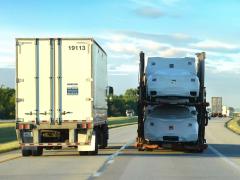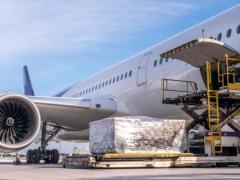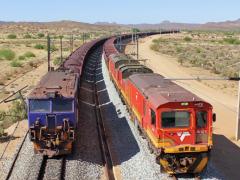AP Moller - Maersk has, in collaboration with the National Meteorological Service of Germany, Deutscher Wetterdienst (DWD), installed automated weather stations (AWS) on 50 of its vessels.
While crossing the largest oceans, the vessels transmit live data, helping forecast weather and climate.
The weather stations create a pulsating oceanic web of weather and climate observations
All collected data is transmitted live to the DWD, supporting their weather forecasts and climate science.
Maersk and DWD have collaborated on the project since 2019, with the German service providing the 50 systems being installed on the vessels.
“There is no doubt that climate change is one of the biggest challenges facing the global community, and it impacts our business as well as the societies and customers we serve and partner with to enable trade,” said Aslak Ross, head of marine standards at Maersk.
Maersk vessels have, for some years, been operating within the global Voluntary Observing Ship (VOS) scheme under the Global Ocean Observing System (GOOS), providing regular weather observations, but it has been done manually resulting in a slow process of data sharing.
By implementing AWS, the vessels can deliver precise, high-quality, and standardised data in real-time, giving DWD useful insights about the current meteorological situation at sea.
The data provided is shared globally with all members of the World Meteorological Organization (WMO).
Even today, where much of the meteorological data is acquired by satellites, the real-time data from the world’s oceans provides essential input to all weather models used for forecasts and warnings.
The surface atmospheric pressure in particular is of high importance since it cannot be measured by satellites.
AWS on ships provides a constant feed of high-quality data at sea and serves as the backbone for all numerical weather models.
“As a global container logistics company, we are moving millions of containers across the oceans every year, and weather routing is extremely important to ensuring safe travel of our crew and our customers’ cargo.
If we can help facilitate even marginal improvements to the quality of weather routing services, these will be important levers in our constant efforts to improve the safety of our crews and assets,” said Ross.

